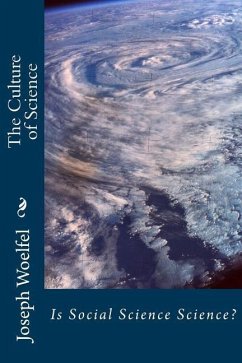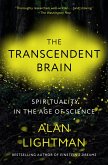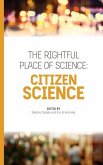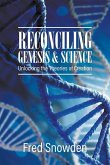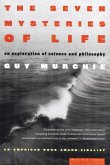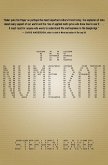The social sciences are facing a crisis: the core assumption of modern social science is that we move forward by rejecting false theories through a process of hypothesis testing. Yet after nearly a century of social science research, not one of the innumerable competing theories of social science has been decisively rejected. Worse, fewer than half of all biomedical findings have been able to be replicated -- the problem is worse in pharmeceutical research, where the vast majority of results are unreproducible. In this book, a prominent social scientist argues that physical and social scientists belong to two distinct social networks, and that the procedures that make up the canon of social science methodology are different from those of the physical sciences. He goes on to show that using the identical procedures as physical sciences for social phenomena work better than standard social science methods
Hinweis: Dieser Artikel kann nur an eine deutsche Lieferadresse ausgeliefert werden.
Hinweis: Dieser Artikel kann nur an eine deutsche Lieferadresse ausgeliefert werden.

